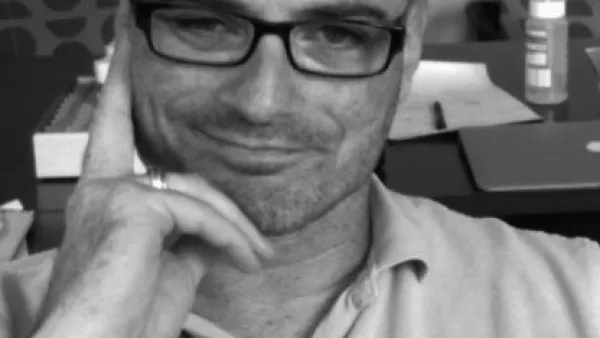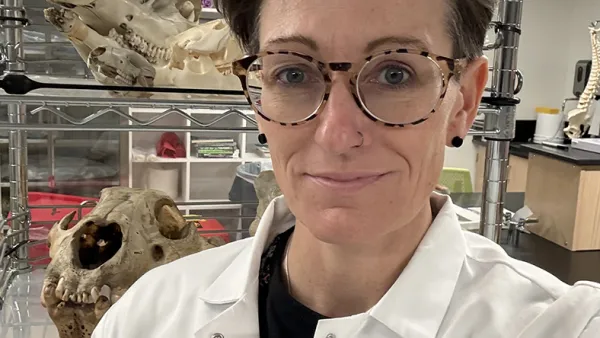Each of us has a unique and personal experience with the COVID19 pandemic. I do not have children. I am not a healthcare worker or essential employee. I am still certain in my funding. While my family may be far away, they are healthy. I am not entering the job market, a furloughed employee, an early-career scientist, rotating first-year graduate student, or graduating senior. I want to acknowledge the difficulties faced by those in positions like the ones listed above, as well as many other hard-hit individuals I have not mentioned.

The lockdown changed several aspects of my daily life. I started in denial, thinking it would only be a few weeks, a month at the most. I was reluctant to cull my mouse colony and did not bring my monitor home. By the end of week one, with serious neck pain, I picked up the remaining essentials and set up an at-home office. But as the pandemic worsened first on the coasts and then in Missouri, I began to realize the severity of the outbreak and that this pause in operations would be much longer than planned. I settled into a daily routine: working through the morning and going for long walks in the afternoon. I cancelled a trip, quarantined my mail, and wiped down my groceries. To see that university leadership also did not have all the answers added to the stress and uncertainty of the moment. All of these things were unimaginable just days before.
I was lucky to have a park nearby, a friend to sit several feet away from, and some work I could do remotely—these helped keep me sane. Meetings either became much shorter because there was nothing to discuss or much longer because no one had anywhere to be. I missed my morning commute, regular meetings, and lunch with coworkers. Surprisingly, I found myself sitting at my computer for longer hours but feeling that my productivity was plummeting without the structure of a lab office. What constitutes a healthy, balanced workday in a pandemic? To add to the list of mental health concerns related to the events of the pandemic, many graduate students, myself included, were battling the guilt of having nothing to show after weeks: no new data, no new figures of old data, and limited ability to plan. For the first month, I vacillated between thinking of it as a much-needed mental break and a horrible confinement resulting in stalled research progress.
As time away from lab increased, I tried to stay positive but began to seriously worry about the impact of this pandemic on time to degree completion, the economy and future job market, and the future of scientific funding. Some of my lab mates are job hunting, others are waiting to see if graduate and medical school programs will begin on time and in person in the fall, and still others have children at home while both parents try to focus on their work. As PhD students, we are missing networking opportunities at conferences and journal clubs, we have a limited outlet for informal scientific discussion, and many extracurricular activities have been halted. For all its benefits, video conferencing is definitely not as fulfilling as an in person scientific discussion. Questions in a chat box, disembodied from the person asking, don’t make as much of a splash. It has been three months since this all began and we are poised to dive back in to lab work, but anxious about avoiding overlap with coworkers and the looming threat of another lockdown as recent numbers of cases have started climbing in some parts of the country.
We started this lockdown standing close together, thinking masks were not necessary, and counting on treatments and vaccines. As things reopen, I step off the sidewalk to avoid other humans, masks are a part of my wardrobe, I speak up and gesture more with my hands to make up for my smile being hidden, and I’ve been educated about how long it takes to develop a vaccine. We’ve all become more conscious of what’s in the background of our webcam’s view and have learned to wave, nod, or even air-high-five in place of a handshake. The world seems like an uncertain and sometimes scary place.
But this lockdown has also provided many examples of the good in people. Professors adapted quickly and finished out the semester’s classes online, students organized childcare for essential workers and food delivery for compromised individuals, hundreds of thousands protested for justice, and we all learned how much weekly meetings and hellos in the hallway mean to us. Personally, I was able to take a step away from the bench and attend more conferences (all virtual) than I would have been able to previously and will go back to the lab with fresh eyes. We scientists are resilient, and I am optimistic that we can continue to work together to create the new normal during COVID-19 and beyond.



